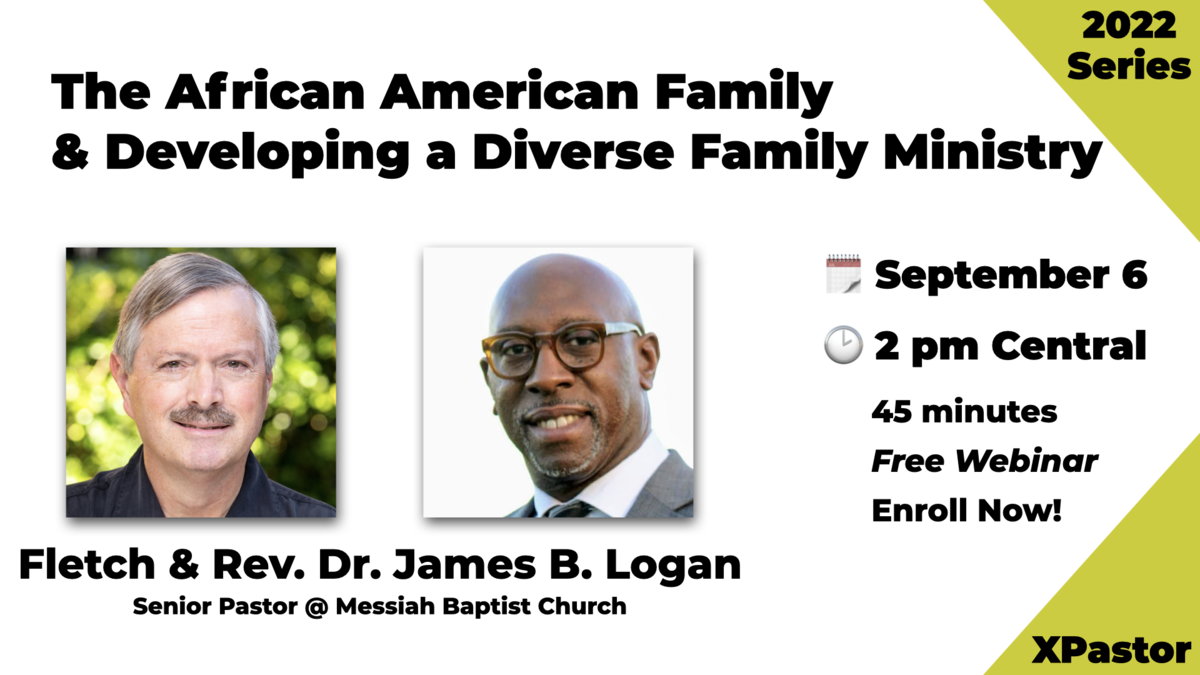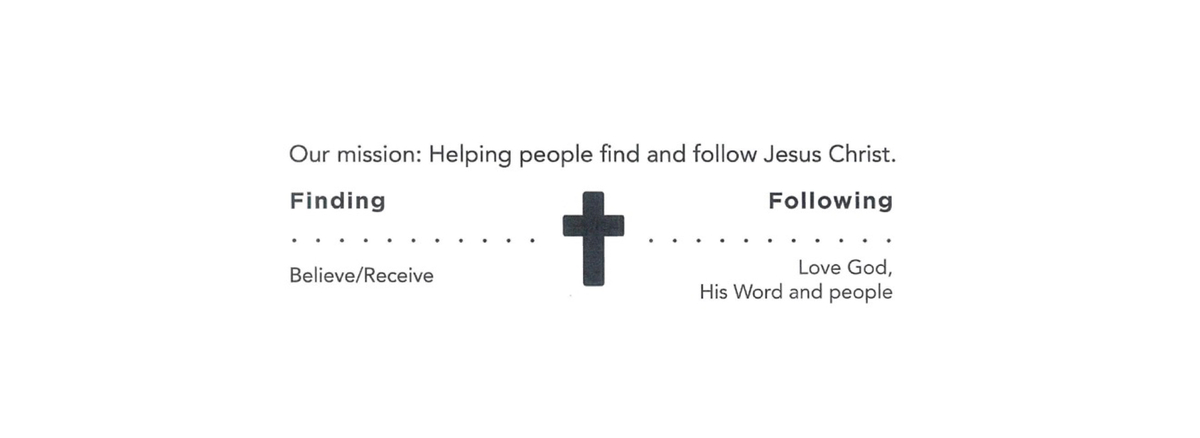XPastor tries to help churches by providing some of the essentials for running a church—items like job descriptions, employment applications, review forms and church policies. Below is the Teaching Sensitive Topics Policy from Trinity Lutheran Church in Hudson, Wisconsin.
Introduction
As a Christian Ministry, we are called to be faithful to the teachings of Christ and discipling the members of all ages while loving and inviting people who are in the world into a saving relationship with Him. Given that, this policy is designed to give guidance to those in our ministry who are in a teaching role (i.e. educational and church ministry), on dealing with and presenting “sensitive topics” in age-appropriate ways. Age-appropriateness of “sensitive topics” is determined by the Pastoral staff and Deacons in conjunction with the Director of Educational Ministries.
Definitions
A “teacher” is anyone who is in a teaching role at Trinity (e.g. Pastors, Academy Teachers, Program Directors).
A “sensitive topic” includes but is not limited to topics that:
- Are sexual in nature
- Lesbian, gay, bisexual, transgender, rape, incest, extra-martial sexual activity, etc.
- Deal with drug/alcohol use/abuse
- Deal with abuse/harassment in all of its forms
- Physical, sexual, emotional, etc.
- Life and death situations
- Abortion, suicide, etc.
Policy
- All “sensitive topics” need to be discussed with and approved by a teacher’s immediate supervisor as directed under the Pastoral office.
- If a topic comes up within the course of conversation, the teacher must use professional, situational judgment in addressing the topic—always basing the conversation on scripture and Trinity’s belief statements.
- If the teacher would like to bring in outside groups or have a sensitive topic as part of the curriculum, they must follow the communication process below.
Communication
- The teacher must seek approval for the content and promotional material (if any) from their immediate supervisor as directed under the Pastoral office. Again, part of the approval process is to determine age-appropriateness.
- If approved, notification of the content must be given to the appropriate parties (parents, students, church-at-large, etc.) at least three weeks in advance under the guideline of age-appropriateness as determined by the above (see Introduction).
- The teacher and supervisor will determine a communication plan that may include letters/emails home, parent permission signatures, notices in Trinity’s communication pieces (online, bulletin, etc.)
Examples
- The Pastor desires to preach on homosexuality. In conjunction with the Deacons, at least verbal notification should be given to the congregation.
- A teacher’s lesson plan includes a module on drug abuse. The teacher needs approval from the Principal.
- The Children or Youth Director wants to have an outside ministry present on sex trafficking at a normal weekly program night. The teacher needs approval from the direct supervisor.











